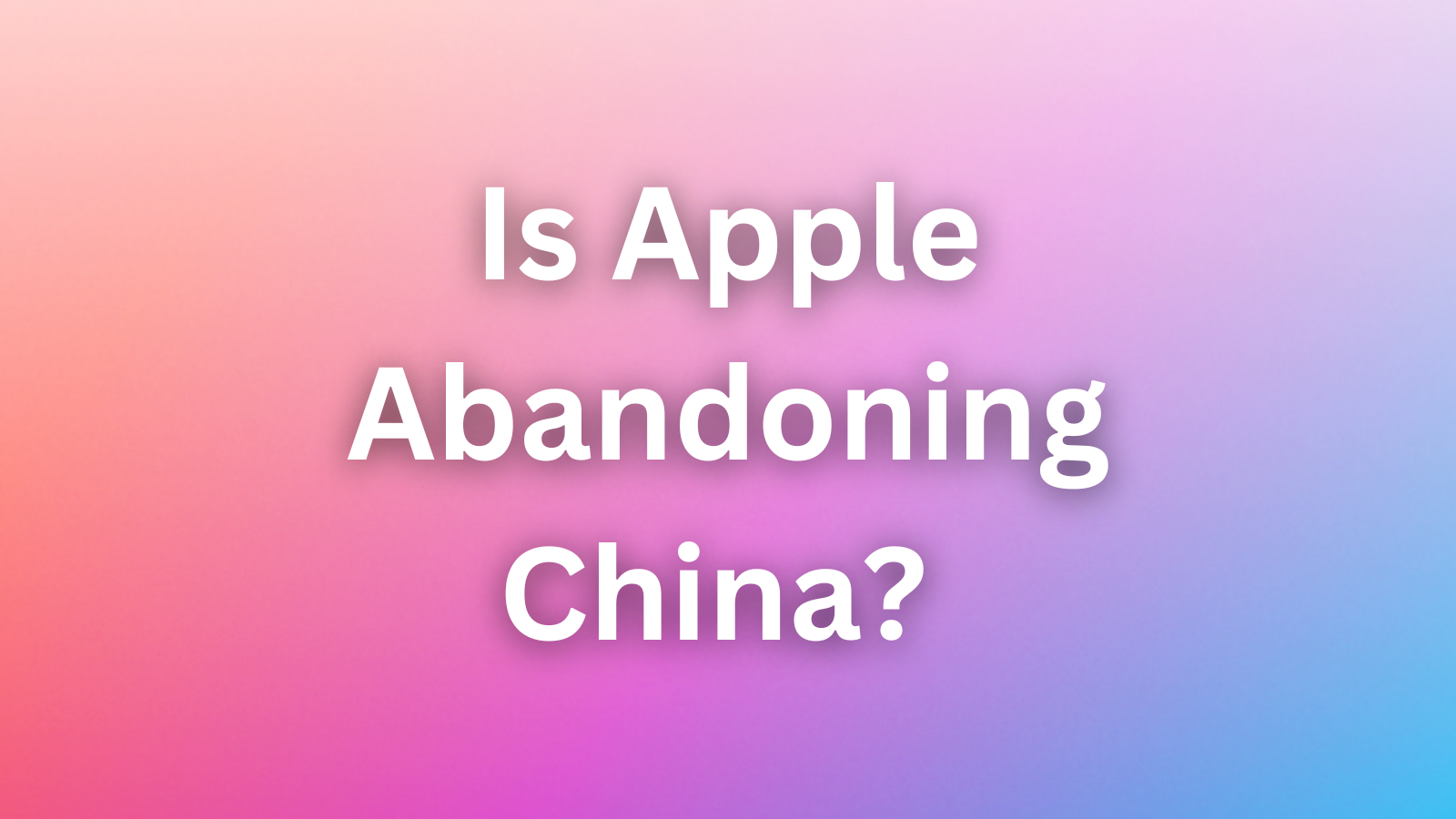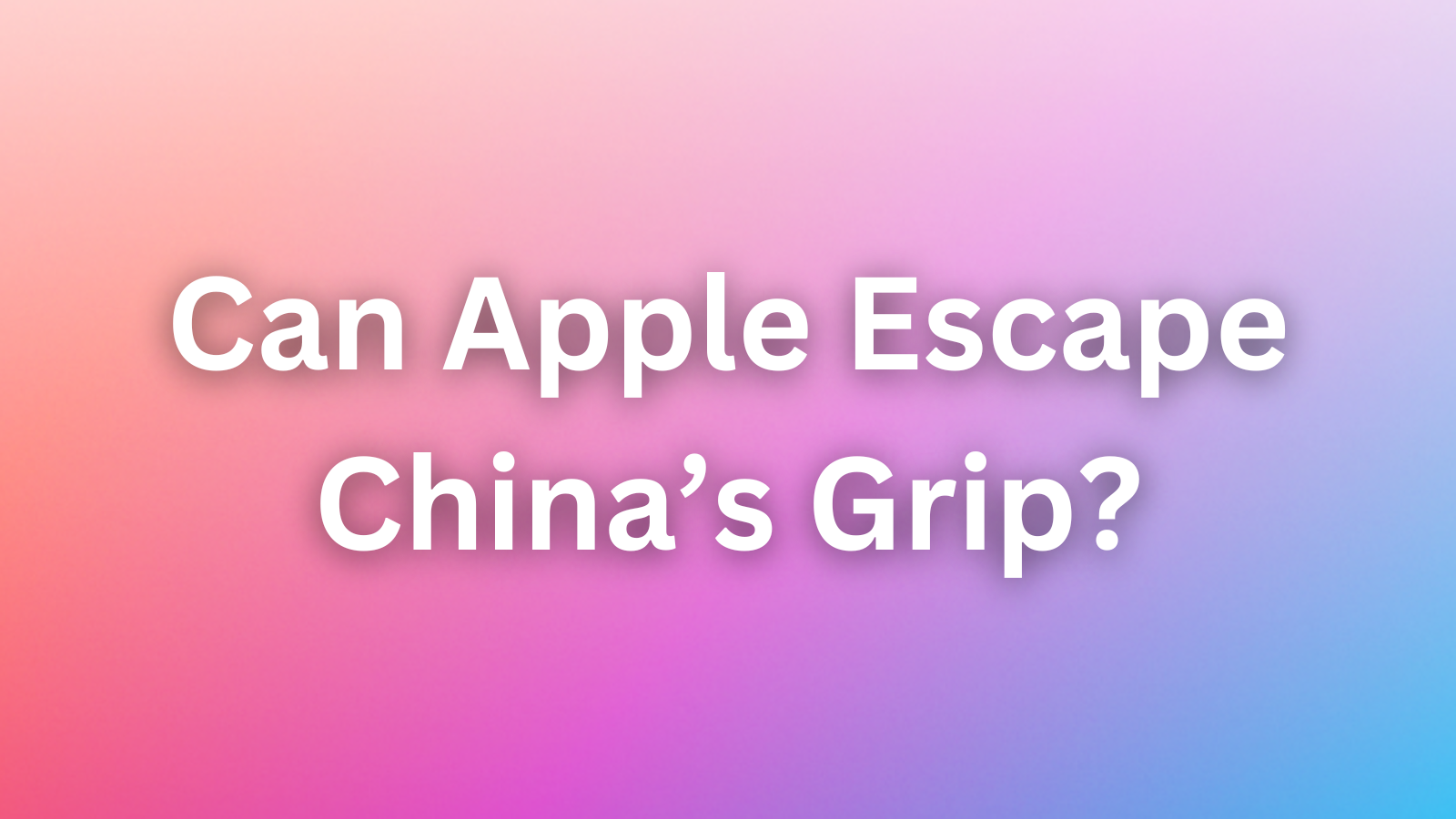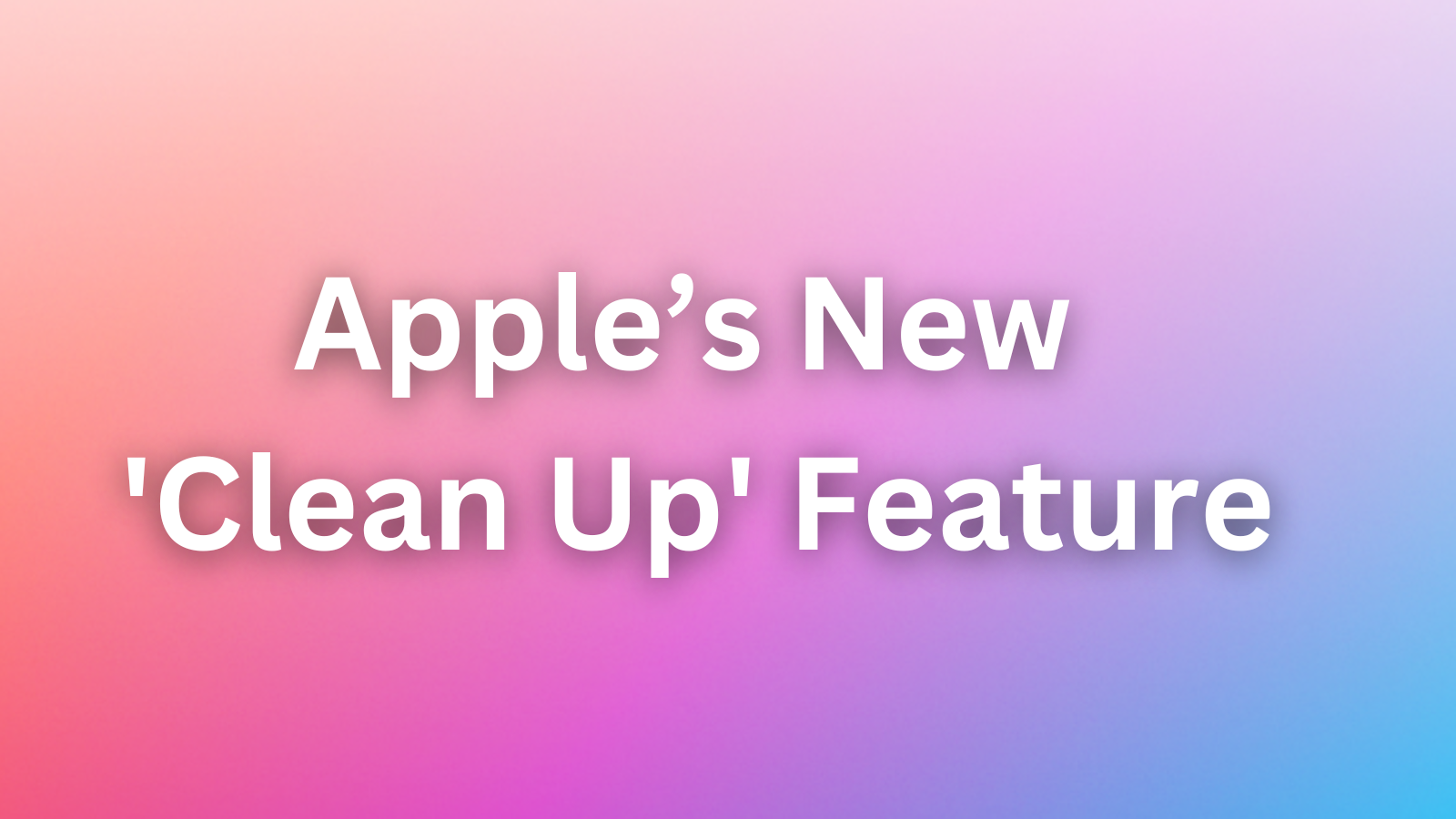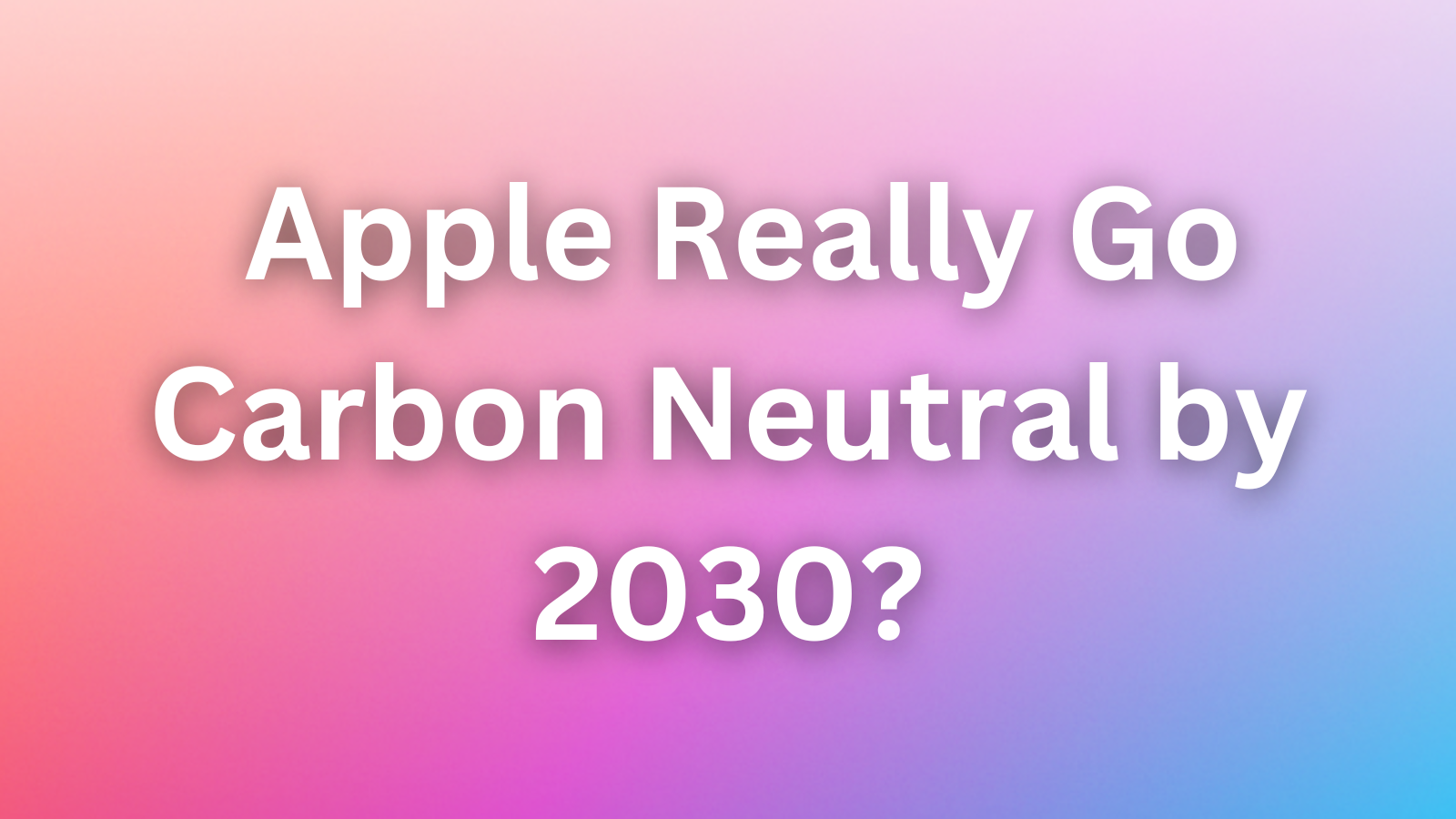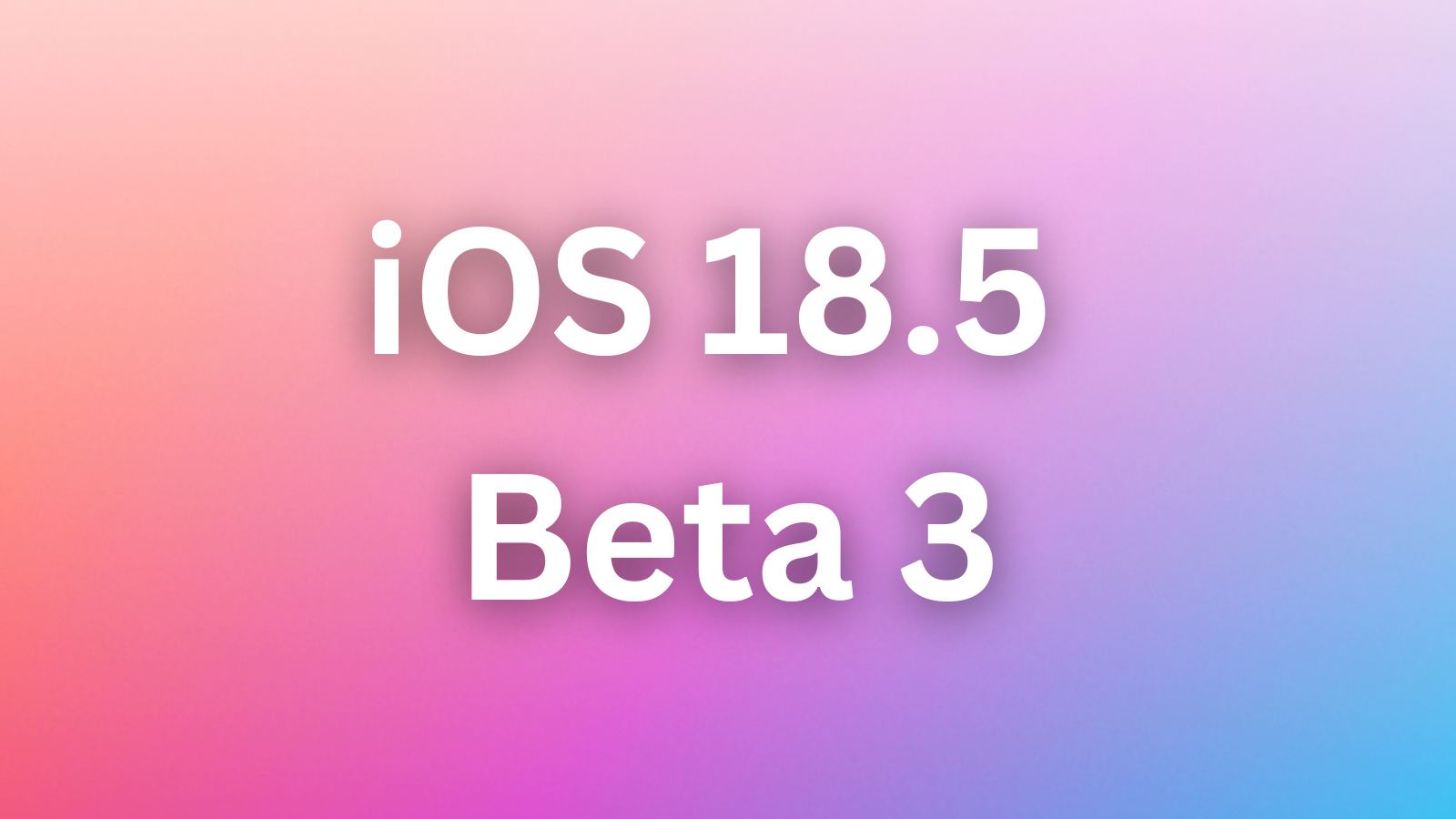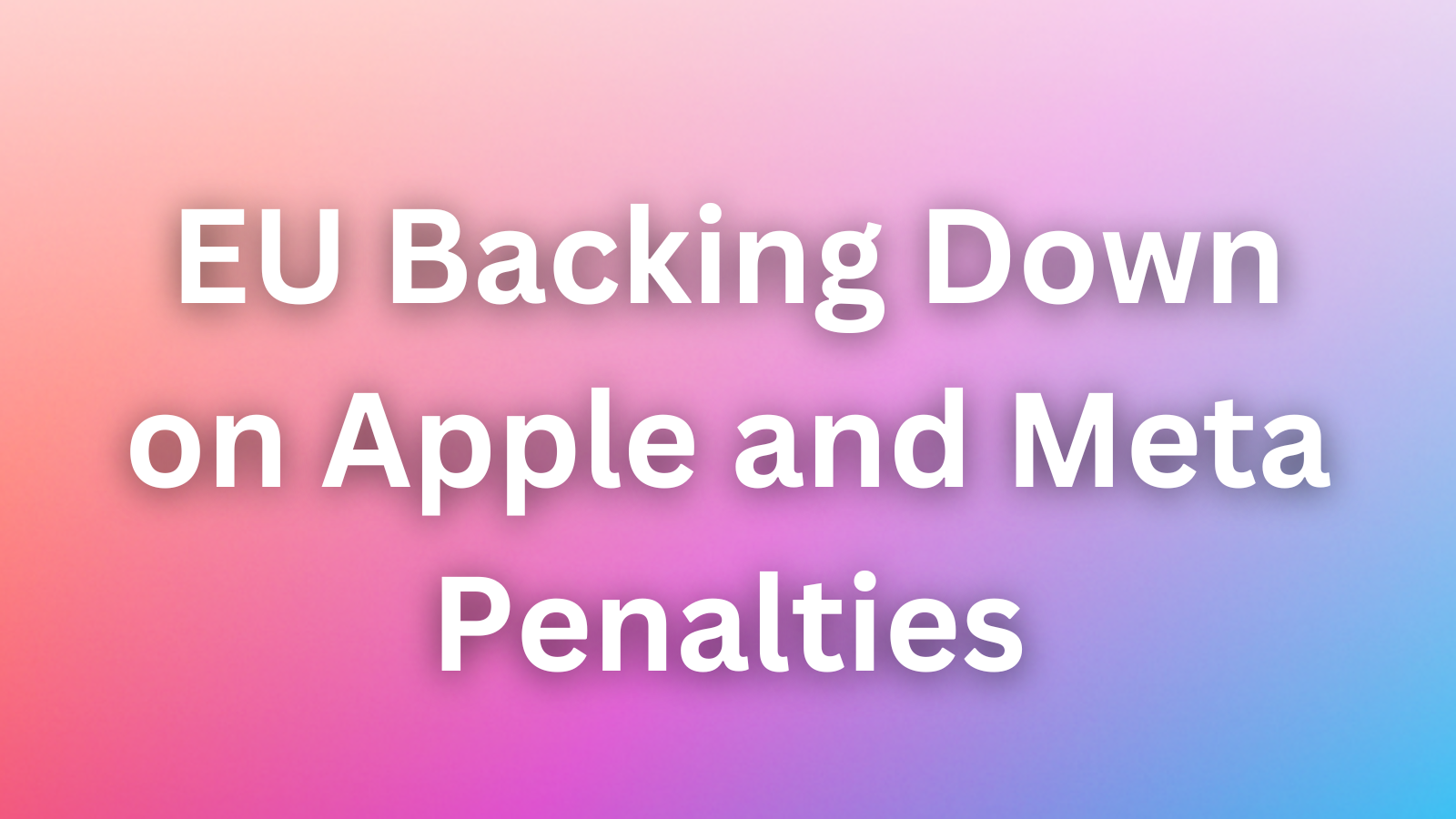Should Governments Have a Backdoor to Your Encrypted Data? UK Court Says No to Secrecy in Apple Case
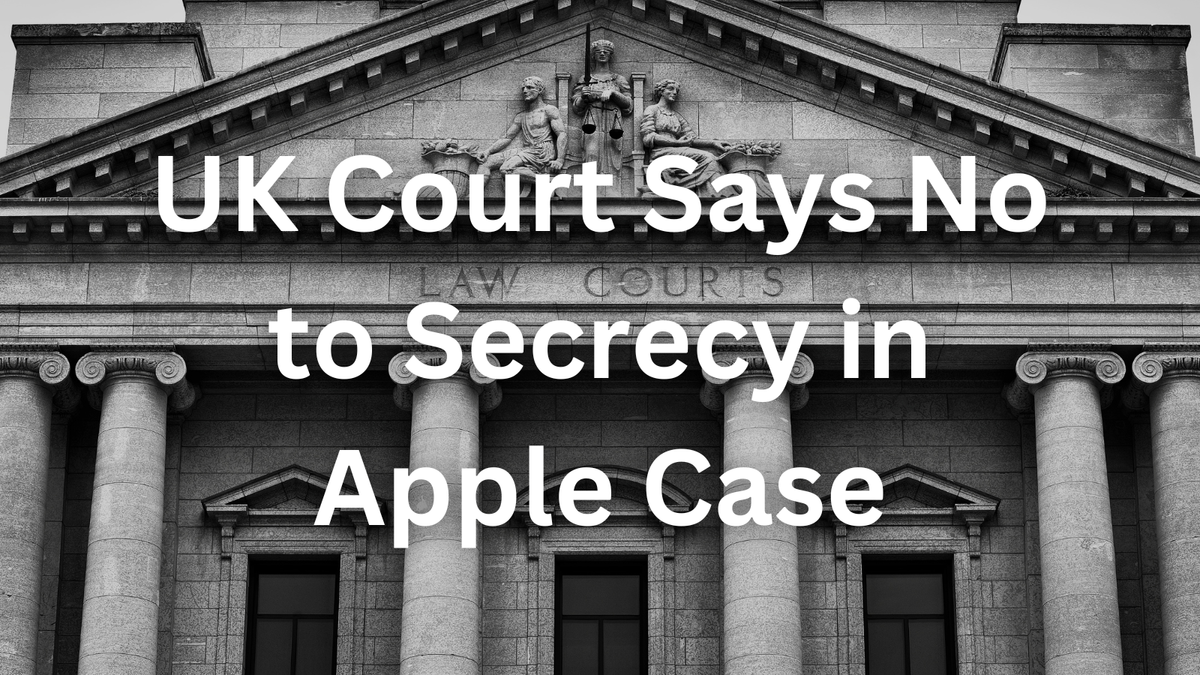
Privacy vs. National Security: A Legal Battle Goes Public
In a landmark ruling, a UK court has rejected the government’s attempt to keep its encryption dispute with Apple under wraps. The Home Office sought secret hearings to argue for access to Apple’s Advanced Data Protection (ADP) system—a move critics called a dangerous precedent for global privacy. Apple, backed by civil liberties groups, insists creating a "backdoor" would expose users to hackers. Why does this case matter for everyone with an iPhone? Let’s dive in.
🔒 The Encryption Standoff: What’s at Stake?
- ADP’s Ironclad Security: Apple’s opt-in ADP uses end-to-end encryption (E2EE), meaning only users hold the keys to unlock their iCloud data (photos, notes, etc.). Even Apple can’t access it.
- Home Office’s Demand: Citing the Investigatory Powers Act (2016), the UK government wants warrants to bypass ADP for national security investigations—claiming it’s critical for tracking terrorists and criminals.
- Apple’s Refusal: The tech giant removed ADP from the UK in February 2024, calling backdoors a "threat to all users’ security."
- Global Implications: Privacy advocates warn this case could set a template for other governments to demand weakened encryption worldwide.
✅ The Court’s Decision: Transparency Wins (For Now)
- ✅ Open Justice Prevails: The Investigatory Powers Tribunal ruled hearings must be public, citing widespread media coverage and the principle that justice "cannot be conducted in secret."
- ✅ Coalition Victory: Groups like Open Rights Group and Big Brother Watch—alongside the BBC—successfully argued secrecy would undermine public trust.
- ✅ Limited Scope: The Home Office insists it’s not seeking "blanket access" but case-by-case warrants approved by courts.
⚠️ The Challenges Ahead: Security vs. Privacy Remains a Minefield
- 🚧 National Security Concerns: The government claims secrecy is vital to protect investigative methods, but critics argue transparency is non-negotiable.
- 🚧 Tech Industry Pushback: Apple isn’t alone. WhatsApp and Signal also use E2EE and face similar pressures globally.
- 🚧 Public Backlash Risk: Rebecca Vincent of Big Brother Watch warns the Home Office’s request is a "massive attack on privacy" that could erode consumer trust in tech.
🚀 Final Thoughts: A Turning Point for Digital Rights?
This case isn’t just about Apple or the UK—it’s about whether governments can force tech companies to compromise encryption. The court’s rejection of secrecy is a win for accountability, but the battle is far from over. Success hinges on:
- 📈 Balancing Act: Can governments investigate crimes without undermining encryption for billions?
- 🤖 Tech Integrity: Will Apple hold its line, or will geopolitical pressures force concessions?
- 🌍 Global Ripple Effects: A UK precedent could embolden or deter similar demands in the EU, India, or the US.
What do YOU think? Should companies like Apple be required to build backdoors for governments—or is encryption a non-negotiable right?
Let us know on X (Former Twitter)
Sources: Tom Singleton & Liv McMahon. Apple's encryption row with UK should not be secret, court rules, 2025-04-07. https://www.bbc.com/news/articles/cvgn1lz3v4no


